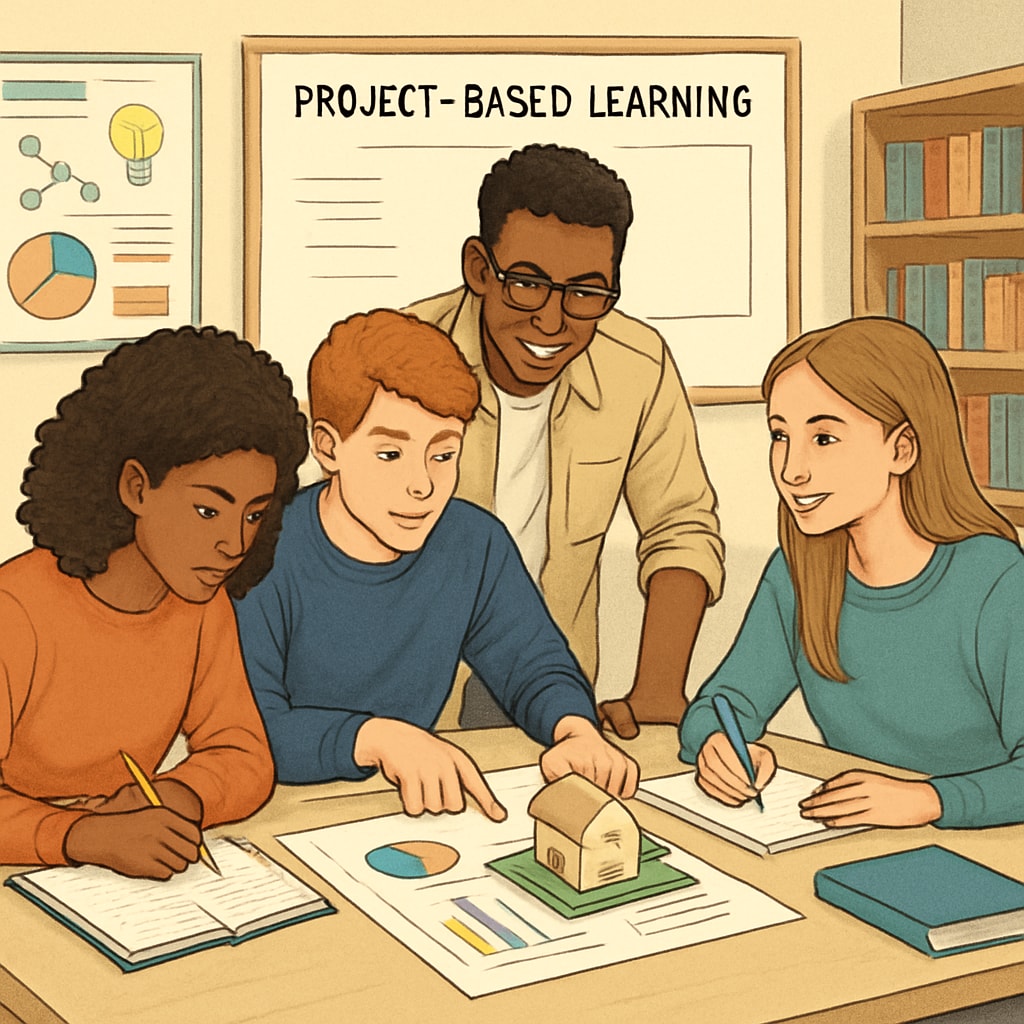Princeton and other Ivy League institutions have long been regarded as the pinnacle of academic achievement, often associated with unparalleled prestige and success. However, as society evolves and the landscape of education shifts, it becomes crucial to reassess the true value of these elite schools, particularly in the context of higher education evaluation. Are they genuinely worth the immense societal admiration they receive, or has their reputation been overestimated? Furthermore, what impact does this “elite school worship” have on K-12 students aspiring to reach such institutions?
Are Ivy League Schools Overrated?
The Ivy League, which includes Princeton, Harvard, Yale, and others, has traditionally been viewed as a gold standard in American education. With their rigorous admissions processes, esteemed faculty, and globally recognized alumni networks, these schools have cultivated an aura of exclusivity. However, critics argue that this perception may not align with reality. For example, while Princeton boasts a strong faculty-to-student ratio and cutting-edge research facilities, its value compared to non-Ivy League schools with similar offerings raises questions.
Studies have shown that attending an Ivy League school does not always guarantee higher earnings or greater career success. In fact, research published by Britannica highlights that the success of graduates often correlates more with individual effort and networking skills than their alma mater. This raises an important question: Are Ivy League institutions merely riding on the coattails of their historical reputations?

The Psychological Impact on K-12 Students
One of the most concerning aspects of “elite school worship” is its effect on younger students. From an early age, many children are encouraged to aspire to Ivy League schools, often at the expense of their mental health and holistic development. This pressure to achieve admission into schools like Princeton can lead to burnout, anxiety, and a narrow focus on academic achievements rather than fostering creativity and critical thinking.
Additionally, this obsession with elite institutions can overshadow the value of alternative educational paths. For example, community colleges and public universities often provide equally robust academic programs and opportunities for personal growth. According to Wikipedia, many non-Ivy League schools have made significant strides in research, innovation, and student support services, challenging the preconceived notion that Ivy League schools are the ultimate educational destination.

Reevaluating the Metrics of Educational Value
To truly assess the value of Ivy League schools like Princeton, one must consider broader metrics beyond prestige. Factors such as student satisfaction, post-graduation employment rates, accessibility, and diversity play a critical role in determining the impact of an institution. For example, while Princeton excels in areas like endowment resources and faculty expertise, it may fall short in providing equitable opportunities for students from underprivileged backgrounds.
In addition, the rise of online education platforms and hybrid learning models has democratized access to high-quality education. With platforms like Coursera and edX offering courses from top universities, the exclusivity once held by Ivy League schools is gradually diminishing. As a result, the emphasis should shift from school names to the actual skills and experiences gained during one’s academic journey.
Conclusion: Breaking Free from the Ivy League Myth
While Princeton and other Ivy League schools undeniably offer exceptional resources and opportunities, their perceived societal value may be inflated. By reevaluating the metrics of educational success and encouraging students to explore diverse academic paths, society can foster a more balanced and inclusive approach to higher education. Furthermore, addressing the psychological impact of “elite school worship” on K-12 students can help create a healthier, more sustainable educational ecosystem.
Ultimately, the key lies in recognizing that success is not defined by the name of one’s alma mater but by the skills, passion, and resilience developed along the way. As the education landscape continues to evolve, it is time to move beyond the Ivy League myth and embrace a broader perspective on what truly constitutes academic excellence.


